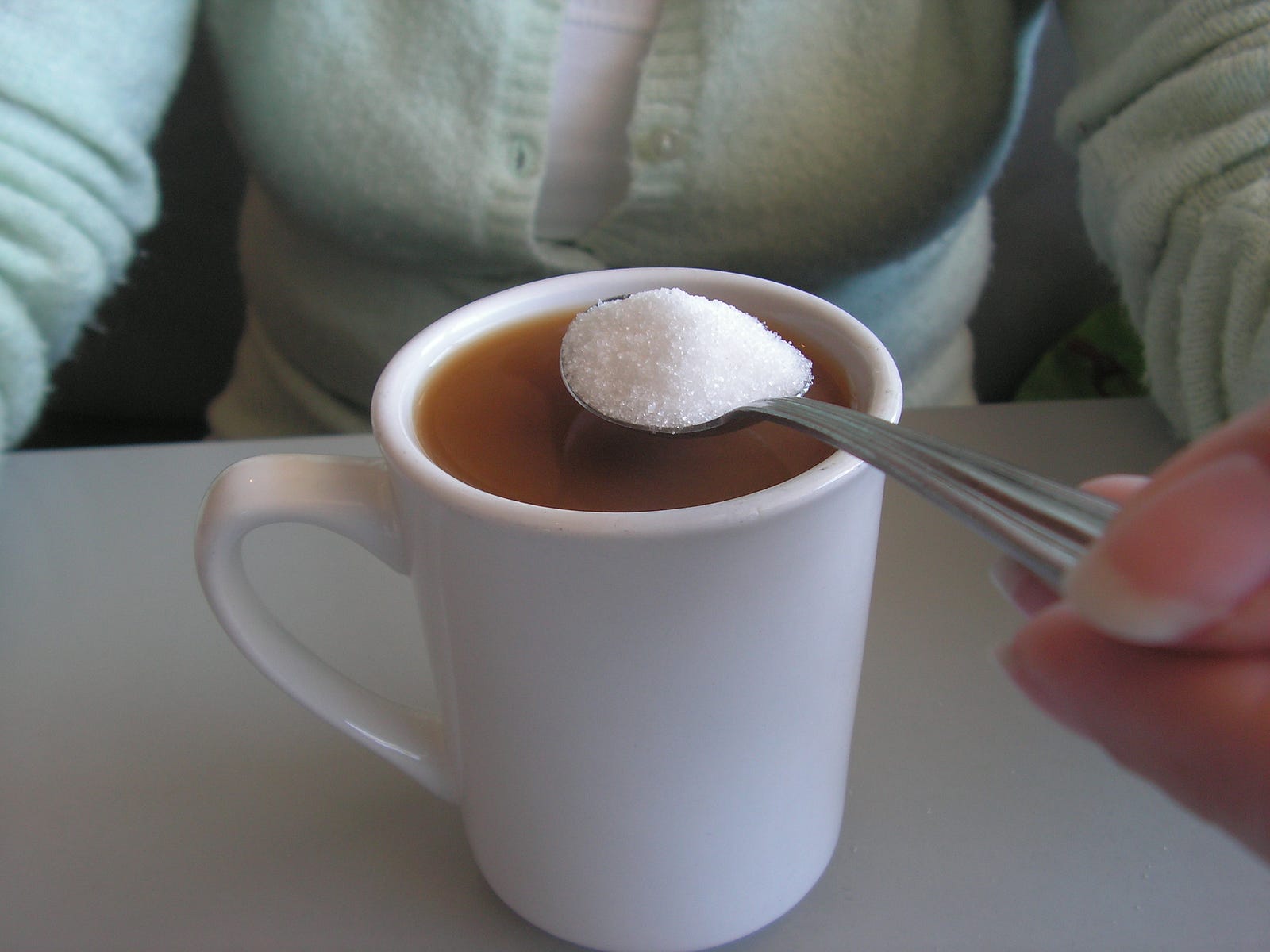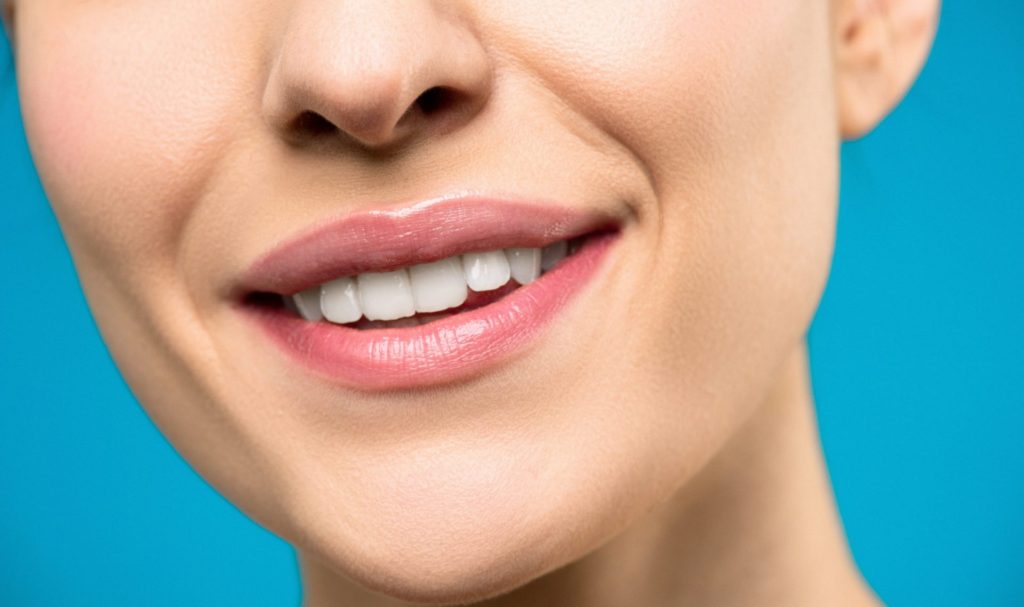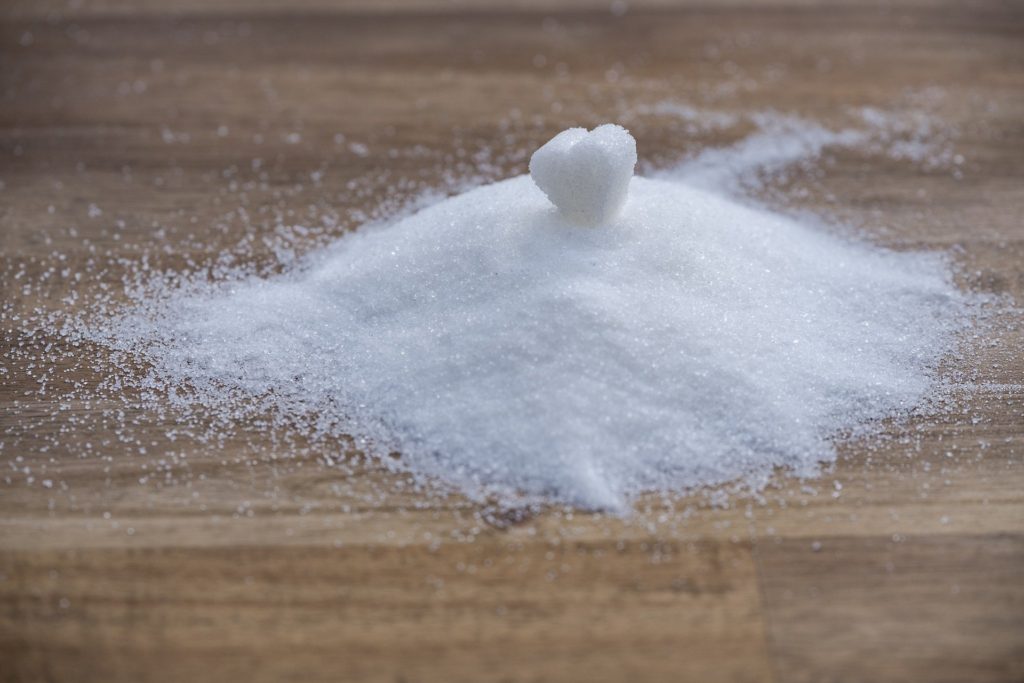Most artificial sweeteners aren’t bad for your teeth.
But, if you’ve read or heard anything about artificial sweeteners, it’s probably been related to their impact on your waistline.
Or rather lack thereof.
However, artificial sweeteners have also been accused of being associated with weight gain and a myriad of health problems — from cancer to type 2 diabetes.
However, you may also be wondering if they’re bad for your teeth like sugar.
In this article, I’ll discuss if artificial sweeteners are bad for your teeth or not.
What Are Artificial Sweeteners?
Artificial sweeteners are low-calorie alternatives to sugar. Most of the common artificial sweeteners are sucralose (Splenda,) saccharin (Sweet ‘N Low,) aspartame (diet soda,) & acesulfame k (Equal.)
Artificial sweeteners are also often referred to as non-nutritive sweeteners because they contain no nutritional value.
They make foods and beverages taste sweeter without increasing your insulin & blood sugar levels.
This makes them an excellent alternative for people, such as diabetics, who need to watch their sugar consumption for health reasons.
They are often used in diet foods & beverages to replace sugar.

Are Artificial Sweeteners Bad for Your Teeth?
No, artificial sweeteners aren’t bad for your teeth. In fact, artificial sweeteners are actually beneficial to your oral health because they don’t feed the bad bacteria in your mouth, unlike sugar.
There are many studies that indicate that artificial sweeteners can be beneficial to your dental health.
One study found a negative correlation between artificial sweeteners and dental caries — a.k.a. cavities.
So, if you want to protect your teeth, substituting sugar for an artificial sweetener would be a good choice for your oral health.
Are There Any Benefits of Using Artificial Sweeteners for Cavities?
The biggest benefit to using artificial sweeteners for your teeth is that they can help prevent cavities. This is because artificial sweeteners, unlike sugar, don’t feed the bad bacteria in your mouth.
So, if you replaced sugar with an artificial sweetener instead, you would have fewer cavities.
In addition, there is evidence that artificial sweeteners may promote remineralization of the teeth.
This means that they can actually reverse the damage done by the acids in your mouth, like soda.
All in all, artificial sweeteners could have positive effects on your oral health.
However, that doesn’t mean that artificial sweeteners are healthy.
For example, the common artificial sweeteners that you see day to day are actually bad for your health.

Common Artificial Sweeteners
Common artificial sweeteners are the most popular zero-calorie sweeteners, like sucralose (Splenda,) saccharin (Sweet ‘N Low,) aspartame (diet soda,) & acesulfame k (Equal.)
Artificial sweeteners have been shown to be a beneficial substitute for sugar for your oral health since they don’t feed the bad bacteria in your mouth.
But, the problem with these artificial sweeteners is that they’ve been shown to cause neurotoxic effects on the brain.
One study found that those who regularly consumed these artificial sweeteners increased their risk for stroke and dementia by 3x!
For that reason, these artificial sweeteners should be avoided.
But, that doesn’t mean you need to cut out all artificial sweeteners from your diet.
There are two other groups of zero-calorie sweeteners that don’t cause neurotoxic effects.
These are sugar alcohols and natural sweeteners.
*Note: Some of these links are Amazon affiliate links, which I earn a small commission from if you decide to use them to buy something*
Sugar Alcohols
Sugar alcohols are low-calorie alternatives to sugar. The most common sugar alcohols are maltitol, xylitol, sorbitol, mannitol, lactitol, & isomalt.
Sugar alcohols are just sugar molecules that are modified slightly to make them have fewer calories.
Sugar alcohols, similarly to artificial sweeteners, don’t cause the bad bacteria in your mouth to grow, so they’re a good substitute to sugar for your oral health.
You can easily identify if the sweetener in the product you’re using is a sugar alcohol by seeing if it ends in “ol.”
The only exception to this rule is erythritol, which is actually a natural sweetener.
But, the problem with sugar alcohols is that they cause digestive issues.
This is because they feed the bad bacteria in your gut to grow, which leads to digestive issues like diarrhea.
In addition to that, most sugar alcohols actually have a similar amount of calories to sugar, so they aren’t that good for your metabolic health either.
So, for these two reasons, you should look to avoid sugar alcohols and instead use natural zero-calorie sweeteners.

Natural Zero-Calorie Sweeteners
Natural zero-calorie sweeteners, like stevia, erythritol, and monk fruit, are the best alternative to sugar for your oral health.
That’s because they don’t cause the bad bacteria in your mouth to grow, but they also don’t cause the negative side effects that the other two kinds of sweeteners cause.
So, if you want to protect your teeth by replacing sugar with a zero-calorie sweetener, choose a natural zero-calorie sweetener instead of an artificial sweetener or sugar alcohol.
My favorite natural zero-calorie sweetener is this monk fruit and erythritol blend since it measures and tastes like sugar.
Should You Avoid Artificial Sweeteners Altogether?
As with anything in life, nothing is all good or all bad. There is always a downside to everything. Unfortunately, this is true for artificial sweeteners.
The benefits of artificial sweeteners are negligible compared to the potential harmful effects.
The aforementioned studies have been criticized for various reasons.
Some scientists claim that the benefits of artificial sweeteners have been overstated.
Others believe that the studies are misleading, as they don’t take into account the fact that dieters would have otherwise been consuming sugar-sweetened beverages and foods.
But, in general, if you just avoided artificial sweeteners and used a natural zero-calorie sweetener instead, you’d still be able to enjoy sweet foods but you wouldn’t risk your health.

Conclusion
In conclusion, most artificial sweeteners are good for your oral health since they don’t feed the bad bacteria in your mouth to grow.
But, since most of the common artificial sweeteners cause health issues, like stroke and dementia, it’s best to avoid them.
Instead, use natural zero-calorie sweeteners, like stevia or monk fruit, whenever possible.
If you want to find out why most artificial sweeteners cause neurotoxic effects, you can read my article here where I discuss the science more in-depth.
- Can You Still Lose Weight If You Aren’t in Ketosis? - February 8, 2023
- Can the Keto Diet Help With Depression? - February 8, 2023
- Why Does Processed Food Make You Fat? - January 2, 2023




